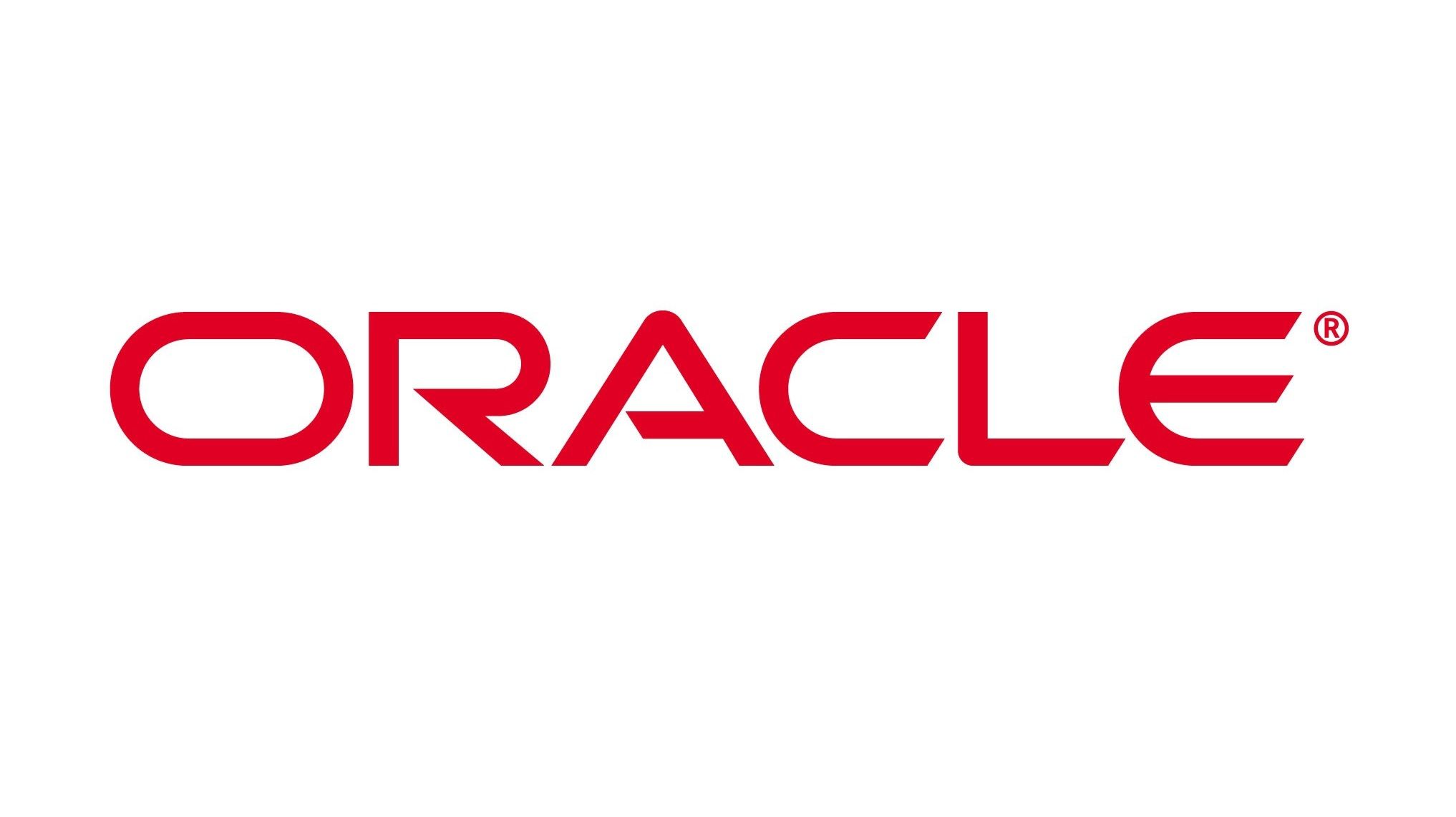
Pubs are a cornerstone of British culture. More than just somewhere to grab a drink or a meal, they are meeting places, in both casual and professional contexts. They are social hubs; they are popular venues for birthday and even wedding celebrations. They can host affiliated sports teams and a range of other clubs.
They are crucial sources of all levels of employment, from part-time and seasonal work for teenagers to top-end management positions within the hospitality trade. Britain’s pubs employ some 600,000 staff nationwide, with almost half of those people under the age of 25. The British brewing industry, meanwhile, is a key exporter, shipping out over a billion pints to 110 countries in 2017-18, worth approximately £600bn to the overall economy. The pub and brewing sectors combined contribute around £23bn to GDP.
The general public recognises the value of pubs. A recent YouGov poll found that nearly three-quarters of Brits (72 per cent) think that pubs are important to their local communities. And more than two-thirds (67 per cent) think they are vital to securing the future of the high street. Certainly, as more and more shops close, the role of the pubs has changed; many have become destination venues that help nightlife to survive and thrive, and that can actually determine an area’s incoming tourism.
Yet despite the key part that pubs play in so many people’s lives – a survey carried out by the British Beer and Pub Association (BBPA) found that 15m Brits go to a pub every week – their future is in jeopardy. The BBPA predicts, with three pubs closing every day, that 5.7m people in Britain could lose access to a local pub in the next five years.
Around one in three pounds spent in British pubs goes to the taxman, with the average British pub’s tax bill totalling £140,000 each year. The chief contributors to this figure are beer duty, business rates and VAT. In fact, beer duty in Britain (54p per pint with a 5 per cent alcohol by volume rating) is 11 times higher than in Germany and Spain, as well as three times higher, on average, than across the rest of the European Union. Currently, beer duty is planned to rise at the rate of Retail Price Index inflation year-on-year. The Beer Duty Escalator between 2008 and 2012 marked a beer duty increase by 42 per cent in Britain, leading to a 24 per cent dip in beer sales in pubs, 5,000 pub closures, and the loss of nearly 60,000 jobs.
Inflationary increases are decided by the Treasury, so any freeze or relief in beer duty depends on political intervention. Another YouGov poll found that 48 per cent of Brits would welcome more government support for pubs, but as yet, policy has not mirrored public enthusiasm. Pubs are “so much more” than just places to get a drink according to the BBPA’s chief executive Emma McClarkin. She says: “They are real community assets and we are asking government to treat them as such by reducing the tax burden they face, helping them to prosper in the future.”
Meanwhile, Candice Brown, winner of the 2016 Great British Bake Off, and owner of The Green Man pub in Bedfordshire, suggests that a cut to beer duty in the next Budget, regardless of which party is in power, could help to arrest the alarming trend of pub closures and “prevent communities from shouldering the wider social and cultural cost of losing them.” Indeed, pubs can play a significant role in reducing rates of loneliness and social isolation.
While there is a lot to be said for pubs’ wider contribution to communities and their other markets, such as food and soft drinks, there is no escaping that the tax on and subsequent pricing of beer, as the most commonly sold alcoholic drink, will likely be the deciding factor in a venue’s sustainability. Where other beer retailers, namely supermarkets, can offset high beer duty by altering the prices of their many other products, pubs don’t have this same luxury. As such, high beer duty in Britain translates to higher prices for punters, or lower margins for the publican. As the differential price between drinking in and drinking out increases, pubs experience more pressure to do more with less, and could cut back on staff, or close entirely as a result.
Analysis by Oxford Economics, a think tank, has forecast that even a 2 per cent reduction in beer duty (equivalent to 1p off a pint of beer) in the Spring Budget would help to protect 18,000 jobs. And as important as job protection, of course, is job creation. If pubs are given the right support, they can afford to become more ambitious and competitive. With some tax relief and more favourable business rates, pubs could afford to take on more staff, put on more events, or afford subscriptions to more sports channels to help show live games during sporting events.
The industry-wide Long Live The Local Campaign is designed to raise awareness of the value that pubs represent to the economy and wider society, at both a regional and national level. The campaign also wants to highlight the opportunities associated with better supported pubs and breweries.
In an era that seems so dominated by the superficial, one that relies so heavily on technology, pubs can serve as a welcome reminder of the joys of human interaction. They could even be described as the original social network.
Long Live The Local is not suggesting that pubs should not to pay their fair share of tax. It is asking for a tax regime that allows local pubs to stay open, be viable businesses and allow them to invest further in improving the experience for pub goers. Pubs are social and economic assets and any government has a responsibility to treat them as such.
David Cunningham is programme director of the Long Live The Local campaign.



